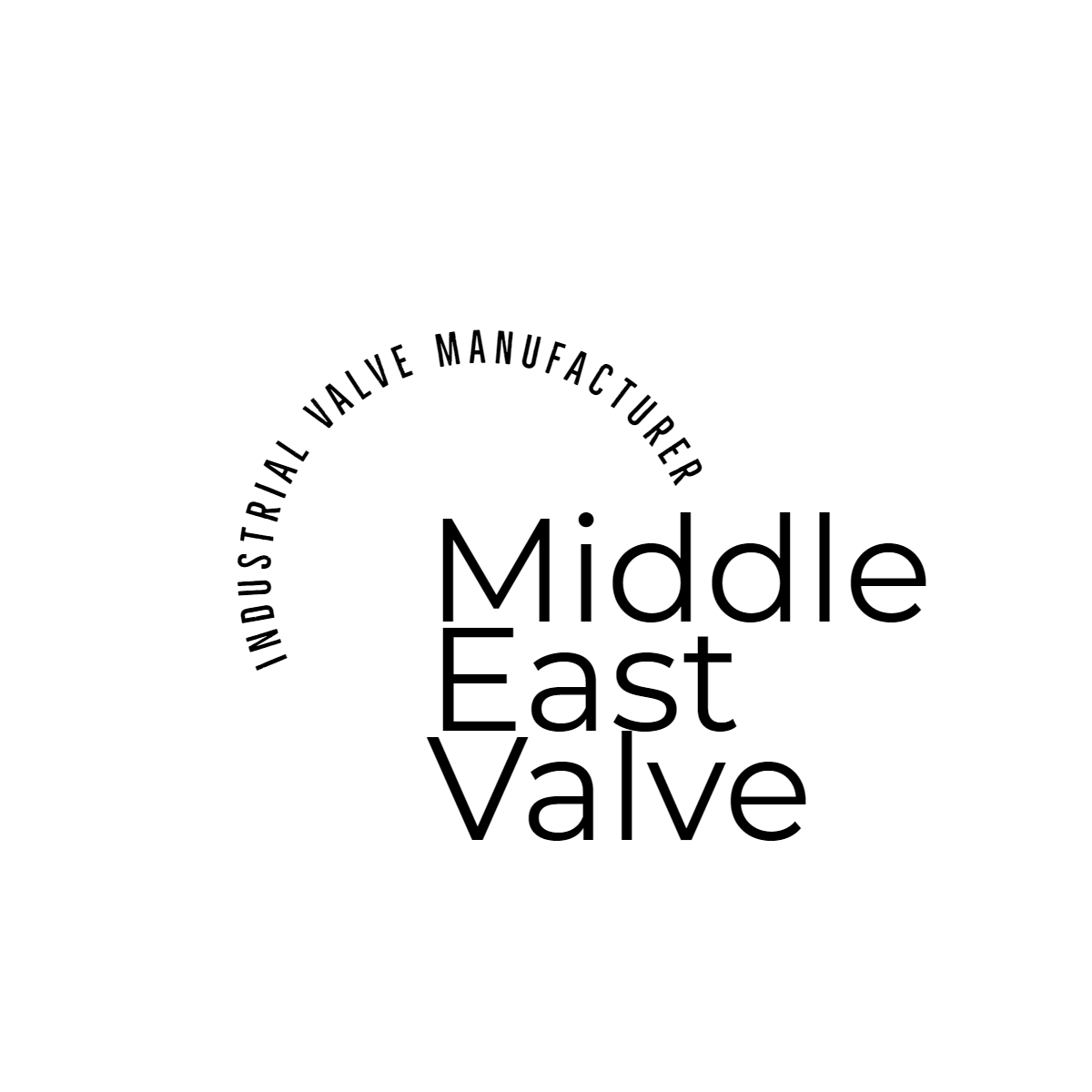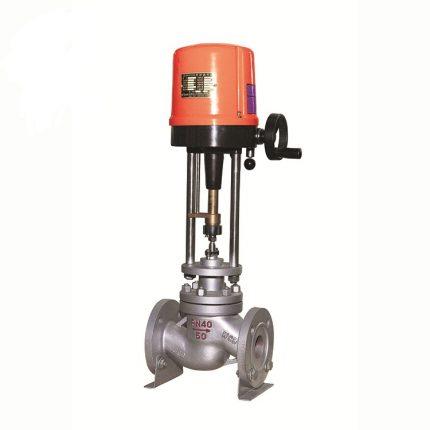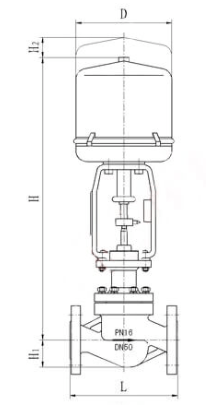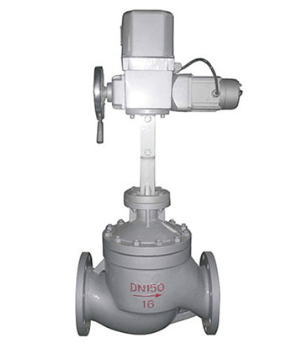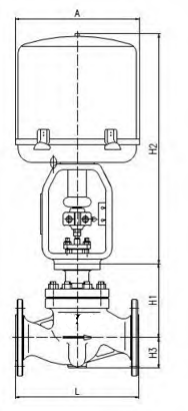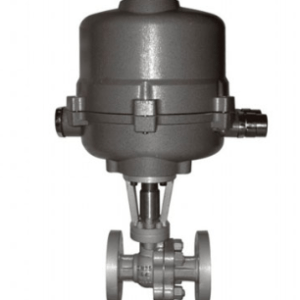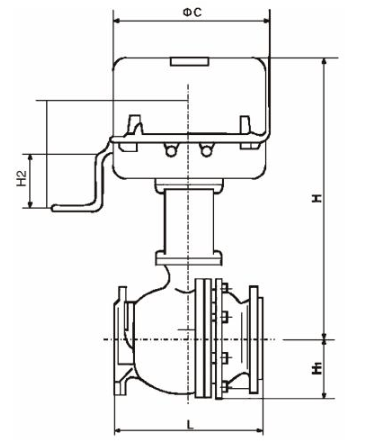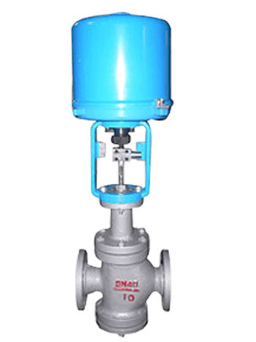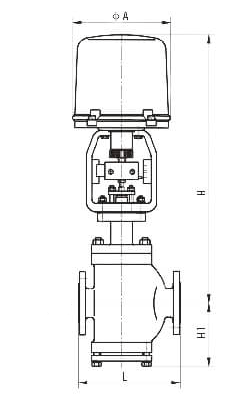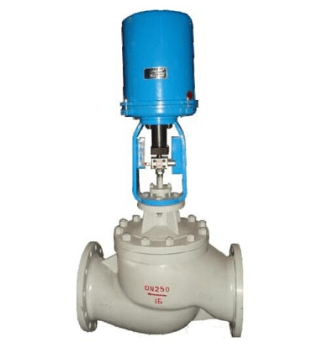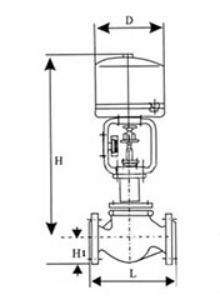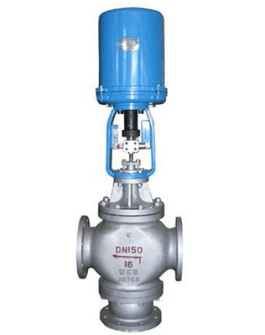- Control Valve
- Pneumatic Control Valve
- Pneumatic Angle Control Valve
- 3 Way pneumatic Diaphragm Control Valve
- 3 Way Converging and Diverging Control Valve
- Fluorine Lined Single Seat Control Valve
- Pneumatic Cage Control Valve
- Pneumatic Double Seat Control Valve
- Pneumatic Single Seat Globe Control Valve
- Pneumatic Flow Control Valve
- Pneumatic Sleeve Type Control Valve
- Pneumatic Actuated Globe Type Control Valve
- Electric Actuated Control Valve
- Pneumatic Control Valve
- Cryogenic Valve
- Pressure Reducing Valve
- Safety Valve
- Check Valve
- Gate Valve
- Butterfly Valve
- Globe Valve
- Ball Valve
- Electric Actuated Valve
- Electric Actuated Ball Valve
- Electric Actuated Butterfly Valve
- Electric Actuated Gate Valve
- Electric Actuated Globe Valve
- Pneumatic Actuated Valve
- Plunger Valve
- Strainers
- Steam Trap
- Knife Gate Valve
- Speciality Valve
- Alloy 20 Valve
- Duplex Valve
- Super Duplex Valve
- Hastelloy C276/B3 Valve
- Aluminium Bronze Valve
- Titanium Valve
- Bronze Valve
- Monel Valve
- Triple Duty Valve
- Suction Diffuser Valve
- Diaphragm Valve
- Plug Valve
- Foot Valve
- Air Release Valve
- Surge Anticipator Valve
- Needle Valve
- Balancing Valve
Middleeast valve is the leading Electric Actuated Control Valve Supplier in Riyadh. An Electric Actuated Control Valve is a type of valve that uses an electric actuator to control the flow of fluids (liquids, gases, or slurries) within a system. The actuator, powered by electricity, moves the valve’s components (like the plug, ball, or disk) to regulate the flow according to the process requirements. These valves are commonly used in industries such as water treatment, oil and gas, chemical processing, and HVAC systems for precise and automated flow control.
The electric actuator is the driving component of the control valve, converting electrical energy into mechanical motion. When an electrical signal is sent to the actuator, it activates and adjusts the position of the valve. This movement alters the flow path within the valve, either increasing, decreasing, or completely stopping the flow, depending on the required operation. The position of the valve is typically controlled by a control system, which monitors parameters like pressure, temperature, and flow rate, ensuring the valve responds appropriately to maintain the desired process conditions.
The primary function of an Electric Actuated Control Valve is to regulate the flow of a fluid in a process. It achieves this by varying the size of the flow passage within the valve in response to a control signal. This allows for precise control over various process variables such as pressure, temperature, and flow rate, ensuring the process operates within the desired parameters. Additionally, these valves can be configured for on/off or modulating control, making them versatile for different applications.
Benefits:
1)Automation: Electric actuated control valves enable automated control, reducing the need for manual intervention and increasing process efficiency.
2)Precision: They offer high precision in controlling flow rates, which is essential in maintaining the quality of the end product.
3)Energy Efficiency: By accurately controlling the process, these valves help in reducing energy consumption and operational costs.
4)Reliability: Electric actuators are known for their reliability and long service life, requiring less maintenance compared to other actuation methods.
5)Integration: These valves can easily be integrated into modern control systems, allowing for remote operation and monitoring.
Features:
1)Electric Actuator: The valve is equipped with an electric actuator that provides precise and responsive control over the valve position.
2)Modulating or On/Off Control: Depending on the application, the valve can be configured for modulating (variable flow) or on/off (binary flow) control.
3)Material Compatibility: These valves are available in various materials (stainless steel, cast iron, brass, etc.), making them suitable for different types of fluids and environments.
4)Fail-Safe Options: Many electric actuated control valves come with fail-safe options, such as spring return actuators that ensure the valve returns to a safe position in case of power failure.
5)Digital Control Interface: Modern valves often include digital interfaces for easy integration with process control systems, allowing for real-time monitoring and adjustment.
Electric Actuated Control Valves are essential components in modern industrial processes, offering precise control, reliability, and integration with automated systems. Their ability to regulate flow with high precision makes them invaluable in maintaining process efficiency and product quality, making them a preferred choice in various industries.
